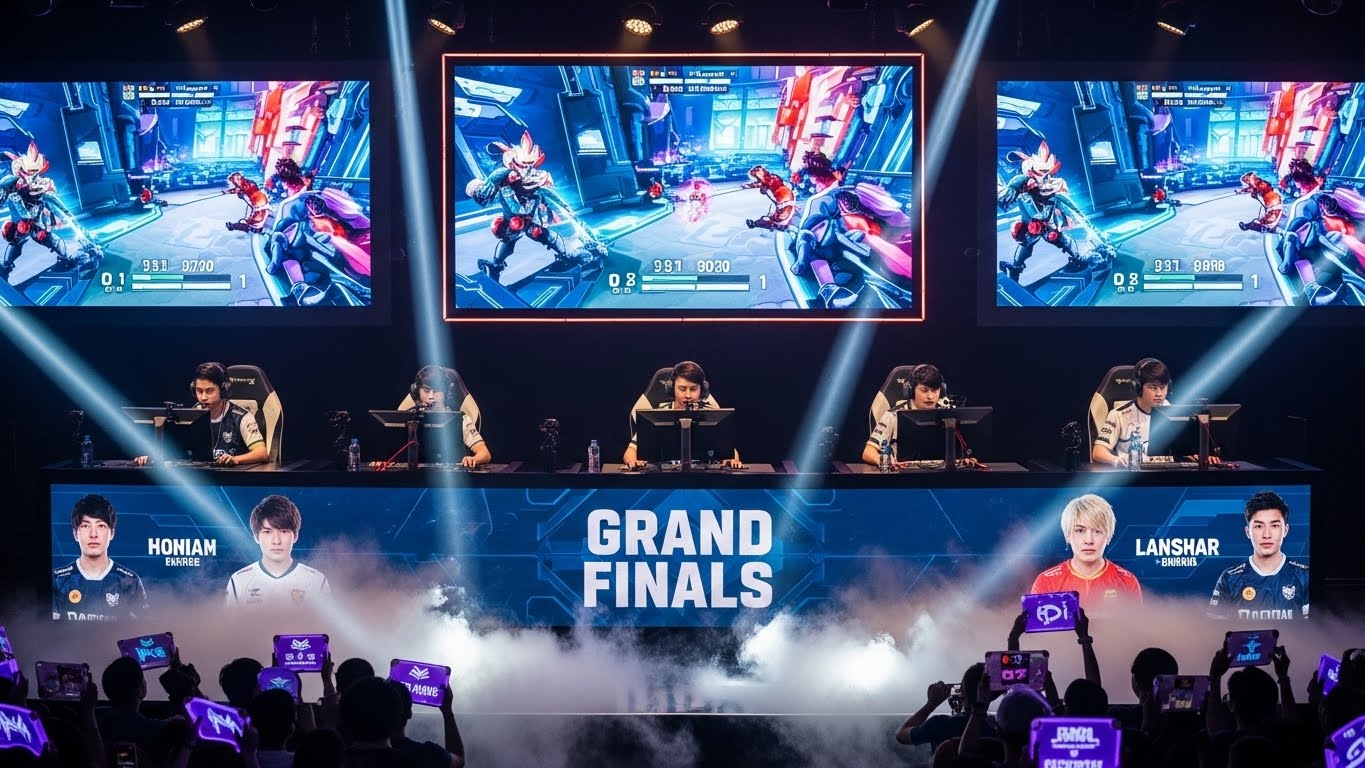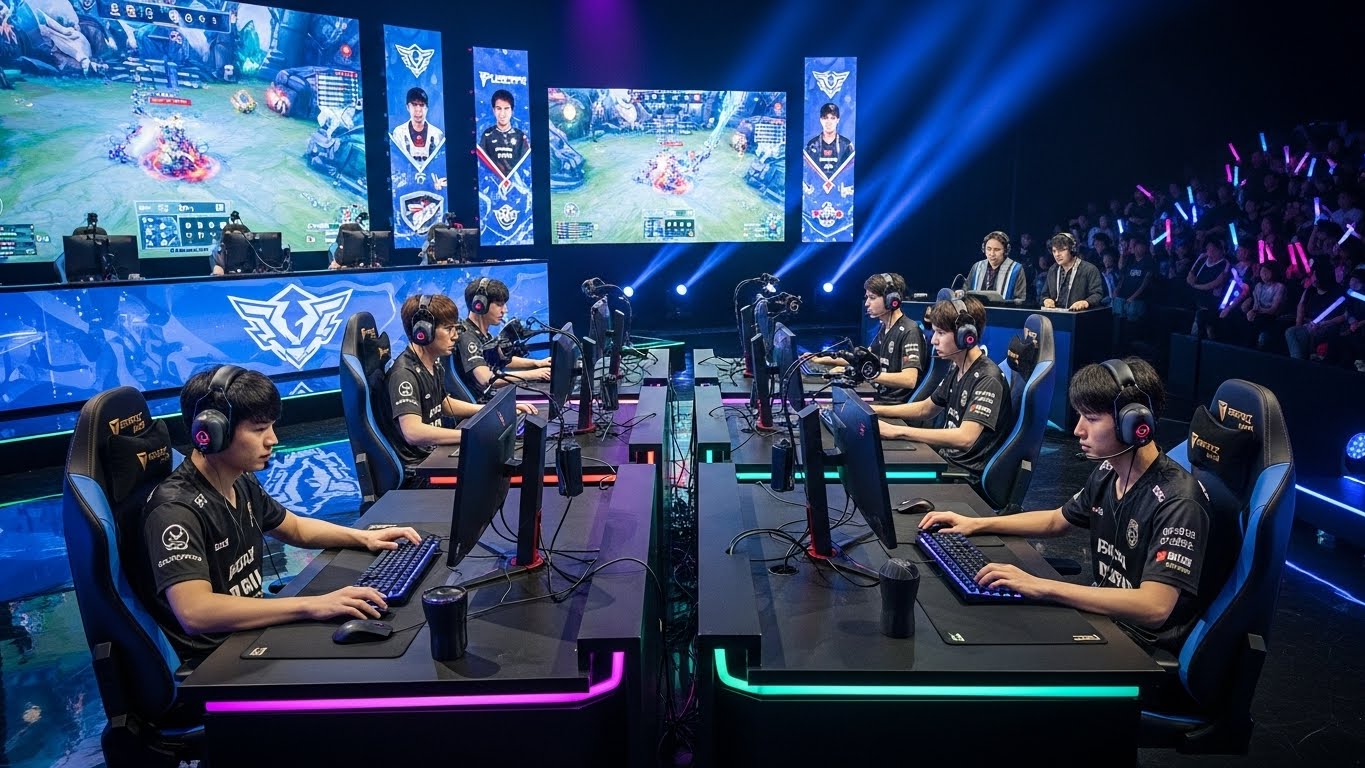Esports has become one of the fastest-growing phenomena in the world of entertainment and competition. What began as small gaming tournaments among friends has evolved into a global industry attracting millions of viewers, sponsors, and professional players. Esports represents more than just gaming—it is a blend of skill, strategy, and technology that defines the future of digital sports.
The Evolution of Esports
The concept of esports dates back to the early days of video gaming when players competed in arcades and local tournaments. As technology advanced, online connectivity opened new doors for competitive gaming. Today, esports covers a wide range of genres, including strategy, battle arenas, and first-person shooters, with global championships that rival traditional sports in scale and excitement.
From Hobby to Profession
What was once considered a pastime has now become a professional career path. Esports players train rigorously, study game mechanics, and practice teamwork just like athletes in physical sports. Top players and teams sign sponsorship deals, compete for multimillion-dollar prizes, and gain worldwide recognition. Esports has turned passion into a profession, inspiring a new generation of gamers to chase their dreams.
The Power of Technology in Esports
Technology plays a central role in the success of esports. High-performance gaming systems, fast internet connections, and advanced streaming platforms make competitions possible on a global scale. Virtual arenas and real-time commentary create immersive experiences for audiences. Artificial intelligence and analytics are also being used to enhance training and strategy, pushing the limits of competitive gaming.
Building Global Communities
Esports has created vibrant global communities. Fans from different cultures and backgrounds come together to cheer for their favorite teams and players. Online platforms and live tournaments encourage interaction, friendship, and shared enthusiasm. This sense of unity highlights how digital spaces can bring people closer, fostering collaboration and respect across borders.
The Economic and Cultural Influence
Esports has become a powerful force in both the economy and culture. Major brands invest in sponsorships and advertising, while educational institutions offer scholarships and degrees related to esports management and game design. The industry provides opportunities for players, coaches, commentators, event organizers, and developers. Beyond business, esports influences fashion, music, and entertainment, shaping the lifestyle of a new digital generation.
Esports and Mental Strength
Competing in esports requires focus, patience, and mental discipline. Players must remain calm under pressure, make quick decisions, and adapt to constantly changing situations. These skills mirror those required in traditional sports, proving that esports demands not only technical ability but also mental resilience. It shows how gaming can develop valuable life skills such as teamwork, leadership, and perseverance.
The Future of Esports
The future of esports looks brighter than ever. With innovations in virtual reality, artificial intelligence, and mobile gaming, the industry will continue to expand. Esports could soon become a part of major global events, drawing even larger audiences and recognition. As technology evolves, the boundaries between gaming and traditional sports will continue to blur, creating new opportunities for growth and creativity.
Conclusion
Esports is more than digital competition—it is a global movement that blends technology, talent, and passion. It unites people, drives innovation, and showcases the limitless potential of gaming as a form of art and athleticism. As esports continues to grow, it will inspire millions to see gaming not just as play but as a powerful platform for connection, achievement, and global unity.



